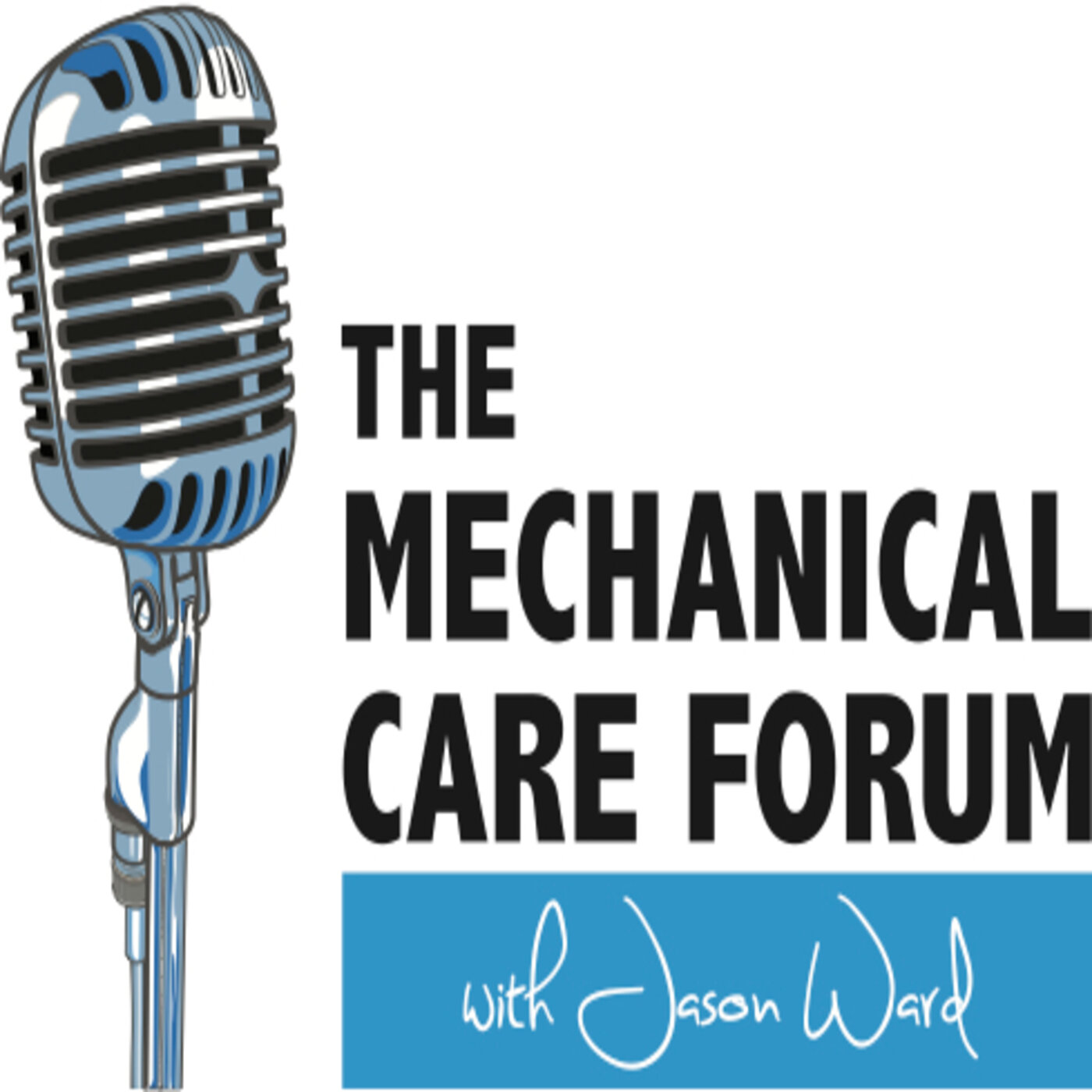Asha Menon, Dip MDT, Bsc PT
Dr. Asha Menon (PT) graduated in Physiotherapy from Seth G. S. Medical College and the KEM Hospital, Mumbai, India, in Nov 1988. She has been updating her clinical skills by attending various international credited courses. She undertook her first training in Mechanical Diagnosis and Therapy (MDT) in 2003. By 2012 she completed the Diploma in Mechanical Diagnosis and Therapy from Otago University and The McKenzie Institute International. In 2012 she completed her clinical training at the NHS in Scotland, as part of her Post Graduation Diploma Progamme. In 2013 she has been the first Indian to be accepted as Probationary Faculty for The McKenzie Institute International, New Zealand. She is also a Co-Examiner at the International Credentialling Examinations held in India for Indian Physiotherapists.
Show Notes
Patient Education Analogy
Asha uses the analogy of a lemon and an onion when she feels there is evidence that the pain is from a disc derangement. She explains the effect of pressure on the lemon and uses the layers of the onion to illustrate the annulus and the potential of redial or circumferential tears. Asha tries to identify the learning style of each patient and she is also deliberate in using open ended questions to prompt their commitment to their program.
Best Advice
“Don’t chase money, let money chase you.” She understood that to mean that she should remain true to herself, who she is and what she does and eventually that will pay off for her.
Doing Differently Now
She now uses different methods of patient education considering different learning styles. She’s now doing some of the same things but she knows better as to why she’s doing them.
Resources She Wouldn’t Do Without
Her electronic library is her one of her greatest resources that she’s developed over time and throughout her training.
Impactful Studies
Prevalence of classification methods for patients with lumbar impairments using the McKenzie syndromes, pain pattern, manipulation, and stabilization clinical prediction rules. Werneke, et. al. J Man Manip Ther 2010 Dec 18(4): 197-204
Abnormal magnetic-resonance scans of the cervical spine in asymptomatic subjects. A prospective investigation. Boden SD et. al. JBJS 1990 Sep; 72(8): 1178-84
Personal Habit Contributing to Success
She believes that her most important characteristics are that she’s very structured and she assessing every patient thoroughly.
Parting Advice
Asha would like to encourage the developing clinician most of all to listen to their patients.
You can read more about Ms. Menon and contact her at
http://www.backneckandjoints.in/home1
To contribute:
Give a 5-star review on iTunes;
Share EP #67 with a friend; and/or
Connect with us on the Spotify MCF Podcast and MCF Instagram page!
Thanks for your support!

